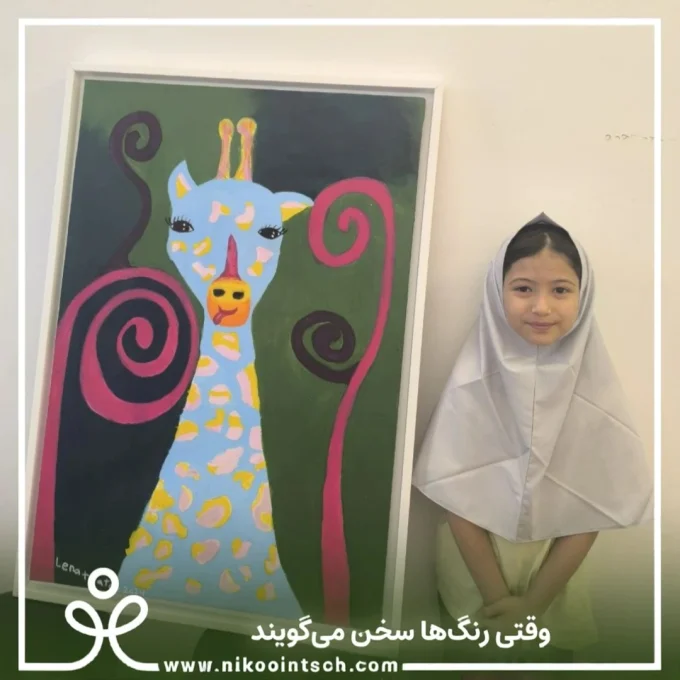Author: Dr. Maryam Delavar
Many parents are unhappy that their children spend a lot of time with mobile phones, digital games, and the virtual space. Let’s be honest! One reason for this problem is us; at least for two reasons. Firstly, with various excuses, we do not spend much time with our children. Many parents don’t mind if their child is busy with something so they can get on with their own work! Secondly, sometimes parents themselves are so absorbed in their mobile phones and virtual space that there is no room for complaining about their children.
Happiness and good feelings are not just about traveling, having fun, and wasting time. This happiness can find a better meaning with thoughtful and planned gatherings. Every moment can be an opportunity to experience “The good sense of Learning,” but I don’t mean lessons and homework; let’s learn more about enjoying being together and the joy of doing the right thing.

If you agree with me, pay attention to these ۱۰ tips:
- Set a few simple rules, but with collective agreement. For example, the rule of using mobile phones at limited and specified times, or setting a specific daily time for a family conversation.
- Try to sometimes call close family and friends and tell them you wanted to hear their voice. Children learn to communicate with others from you.
- If you use text messages, instead of copied and imitated messages, ask your children to assist you in creating personal and innovative messages if possible.
Reminder: Items 2 and 3 are carried out according to the family’s specific rules and within the limited and specified time in item 1!
- Design family and group games. You may need to use packaged games available in the market or at home. It is good to plan a game for each day to maintain variety. If you do this yourself for the first one or two days, use your children’s ideas for the remaining days.
- Prepare stories, jokes, poems, and proverbs for holidays. Do not choose these selections only based on your taste, but also consider the temperament and interests of your spouse and children.
- If you can start group reading, it would be great. There are various ways to do this. Choose a book (preferably a story) and assign one person (for example, your child) to read a few pages from it every day. Or choose several books and divide them among the family members. Each person is responsible for reading their book and summarizing it for the others. Think about other book-reading ideas too.
- Play theater games together in various ways; from pantomime to performing small plays and role-playing! The important thing is that these moments are accompanied by joy and happiness. You can tell if your child is having fun if they are keen to continue these activities.
- If you can, have a daily schedule and plan for each day. It is even good to specify sleep and wake-up times in the plan. The source of order and disorder in children is the family.
- If your child is interested, dedicate some opportunities for slightly more serious learning. You do not necessarily need to teach your child something or practice their lessons with them. Your child might teach you something. Therefore, this is an opportunity for mutual learning. See how much you can become a learning family.
- What innovative and unique ideas can you design for being together? Now is the time; the important thing is to want to have a calculated, useful, and joyful time. Refer to books and other sources. The seriousness of parents in raising their children is evident from these actions.
“Education” is the correct use of opportunities and behaving thoughtfully in all life situations. In education, while we respect the freedom of action of children and teenagers, as parents, we have a duty to provide a rich environment and opportunities for activities and experiences. 💡












